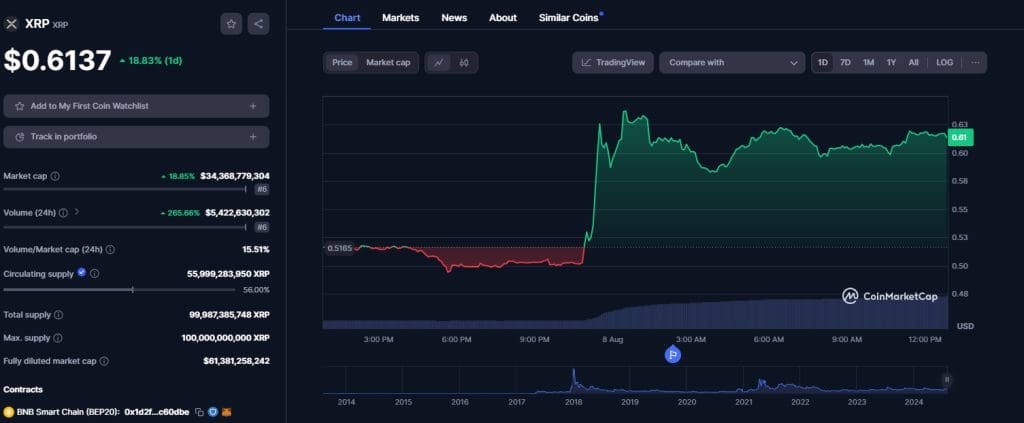Jim Bianco Warns Against Government-Controlled Bitcoin (BTC) Strategic Reserves
- Recent discussions have emerged around the potential creation of strategic Bitcoin (BTC) reserves by various governments.
- Jim Bianco, a seasoned researcher and investor, has expressed critical views on this development.
- Bianco’s concerns center on the level of control governments could wield over Bitcoin’s (BTC) price if strategic reserves are established.
Learn why Bitcoin strategic reserves could grant governments concerning control over BTC pricing and market dynamics.
The Controversy Surrounding Bitcoin (BTC) Strategic Reserves
The concept of maintaining a strategic reserve of Bitcoin (BTC) has gained traction among some policymakers and crypto enthusiasts. Nonetheless, critics argue that such a move could dangerously centralize control over what is fundamentally a decentralized asset. Notably, Jim Bianco warns that government-controlled BTC repositories could disrupt market dynamics.
Jim Bianco’s Warning on Government Control
Jim Bianco, President of Bianco Research, recently highlighted the pitfalls of Bitcoin strategic reserves in an interview with David Lin. According to Bianco, such reserves would grant governments undue influence over BTC pricing. He emphasizes that governments could manipulate Bitcoin’s value by strategically buying and selling based on their agendas, consequently undermining the decentralized nature of the cryptocurrency. This could lead to a regulated market where the organic supply-demand balance is overshadowed by governmental interventions.
Rise in Global Interest: A Look at Hong Kong
In parallel developments, Hong Kong has shown interest in incorporating Bitcoin into its financial reserves, mirroring moves seen in other regions like El Salvador. Johnny Ng, a Hong Kong parliamentary deputy, has noted the increasing global adoption of Bitcoin as “digital gold.” This trend raises questions about how such actions could affect both local and global financial ecosystems. Critics worry that widespread governmental adoption could pave the way for significant market distortions and centralized control, contrary to the decentralized ethos of cryptocurrencies.
Potential Impacts on Market Dynamics
Adopting Bitcoin as a strategic reserve currency introduces several implications. Firstly, it could lead to market distortion due to concentrated buying and selling activities controlled by state actors. Secondly, smaller retail investors might find themselves at a disadvantage, as they would be left guessing the governments’ next moves. Lastly, these interventions could lead to regulatory measures that stifle the innovation and autonomy that characterize the cryptocurrency market.
Analyst Perspectives on Strategic Reserves
While some see the strategic reserve as a tool for stabilizing national economies against inflation, many analysts argue that the negative ramifications outweigh the potential benefits. The centralized control over a decentralized asset stands in stark contrast to the core principles of Bitcoin’s creation. Skeptics like Bianco suggest that governments’ ability to determine highs and lows for BTC prices could lead to artificial market conditions, benefiting entities with insider knowledge at the expense of everyday investors.
Conclusion
In summary, while the notion of Bitcoin strategic reserves can seem beneficial in a traditional economic sense, it presents significant risks to the decentralized nature of cryptocurrency markets. Jim Bianco’s insights urge caution, highlighting the potential for undue government control and market distortions. As interest in government-held BTC reserves grows globally, including in regions like Hong Kong, ongoing analysis and debate will be crucial to understanding the full range of implications for the broader crypto ecosystem.
The post Jim Bianco Warns Against Government-Controlled Bitcoin (BTC) Strategic Reserves appeared first on COINOTAG NEWS.






